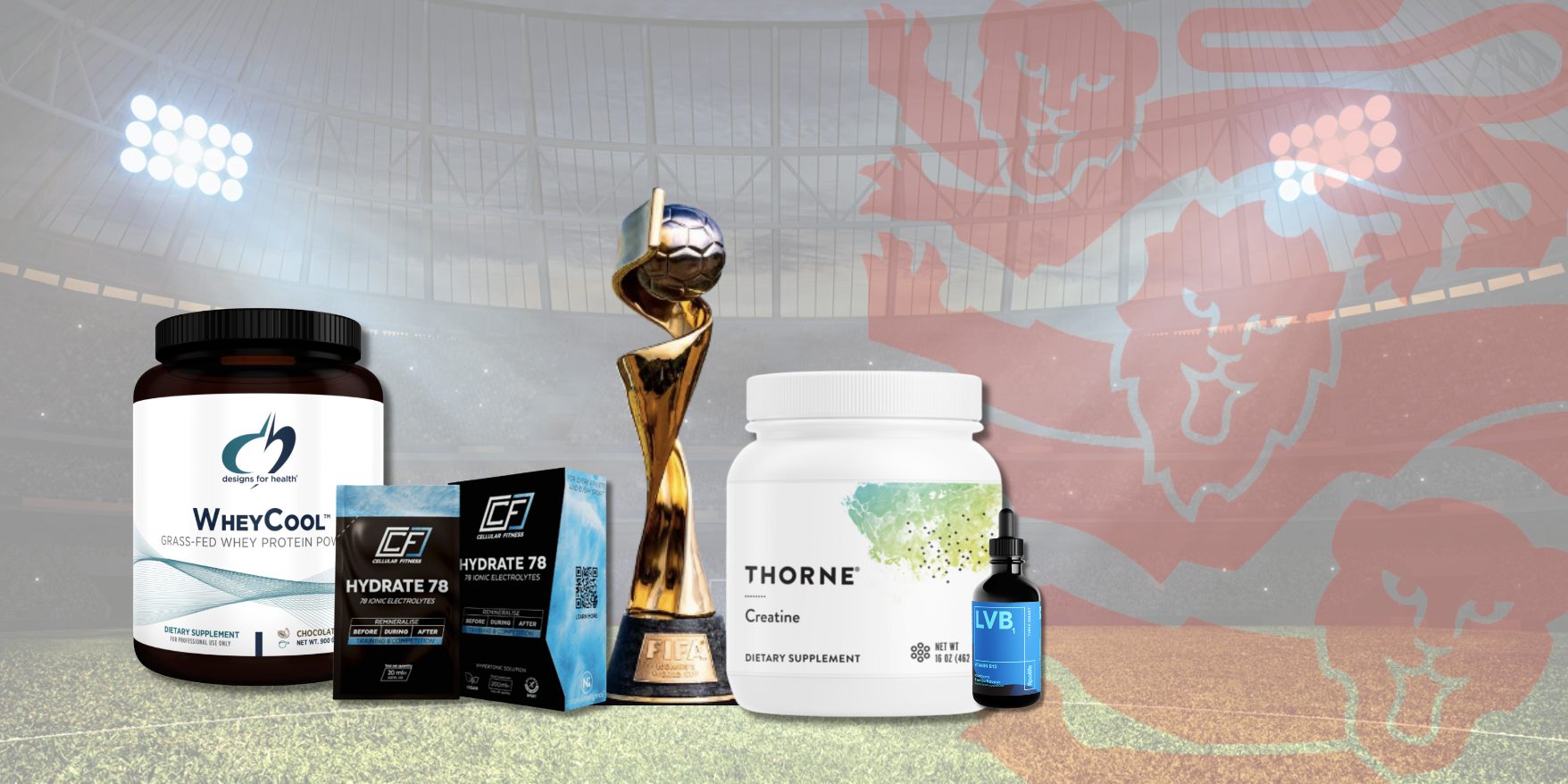Football is a demanding sport that requires a combination of skill, endurance, strength, and agility. To perform at their best, footballers need to maintain a well-balanced diet and consider the appropriate use of supplements. A smart approach to diet and supplements can significantly impact a footballer’s performance, improving energy, overall performance and recovery.
A balanced diet is the foundation of an athlete’s success, providing the necessary nutrients to fuel training, promote recovery, and support overall health. Football players should focus on the following dietary process:
Macronutrient balance
A balanced intake of carbohydrates, proteins and fats is crucial. Carbohydrates provide energy for training and matches, protein supports muscle growth and repair, and healthy fats aid in overall health and metabolism.
Hydration
Staying hydrated is paramount for optimal performance. Footballers should consume adequate fluids before, during and after training or matches to prevent dehydration and maintain cognitive and physical function.
Whole foods
Whole foods are rich in vitamins, minerals and fibre. Incorporate lean proteins (chicken, beef, fish) complex carbohydrates (fruits, vegetables, whole grains, legumes) and healthy fats (avocado, olive oil, nuts and seeds).
Pre and post-match nutrition
Consuming a balanced meal with carbohydrates, protein and fats a few hours before matches provides enough for sustained energy. After the match, replenishing glycogen stores would be priority by consuming carbohydrates and consuming protein for muscle recovery.
Smart snacking
Choose nutritious snacks between meals to maintain energy levels. These could include Greek yoghurt, fruit, nuts and seeds, and whole grain crackers.
Supplements for Footballers:
While a well-balanced, nutritionally rich diet should be priority for source of nutrients, certain supplements can offer many benefits to footballers to improve performance and recovery.
Protein supplements
Whey protein or plant-based protein can help footballers to meet their higher protein needs and help aid in muscle repair and growth after training sessions. The Designs for Health Whey protein which contains milk from non-GMO grass-fed pastured cows.
Many protein supplements can also include Branched-Chain Amino Acids (BCAAs). These are crucial in supporting muscle growth and repair as well as energy production. Footballers follow a rigorous training regime which can lead to muscle breakdown and fatigue. Protein and BCAAS speed up the recovery time and restore energy after a training session.
This Thorne Amino Acid Complex can be mixed in water as refreshing drink during or after a training session
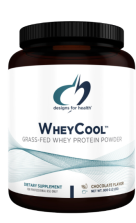
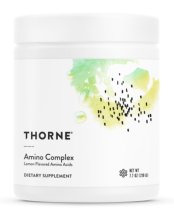
Creatine
Creatine has shown to enhance short bursts of high intensity activity, such as sprinting and jumping. It can contribute to improved performance on the field.
Try this Creatine by Thorne Research in powder form, which can be added to protein shakes or as a drink mixed with water or juice.
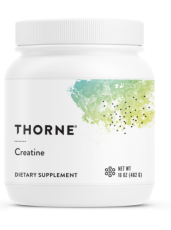
Omega 3 Fatty Acids
These essential fatty acids have anti-inflammatory properties, which can aid in recovery and reduce muscle soreness. They are also responsible for supporting cardiovascular health and cognitive function. Improve Omega 3 levels with the Omega 3 Ultra – Lamberts.
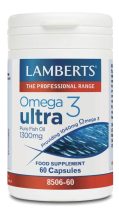
Electrolytes
After training is it important for footballers to replenish lost electrolytes through sweat. Taking an electrolyte supplement can maintain proper hydration and replace lost electrolytes. Try these hand sachets from cellular fitness to take with you on the go after training.
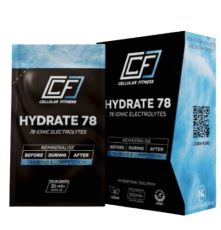
B Vitamins
B vitamins are really important for energy production. Vitamin B12 in particular is good for enhancing recovery of athletes. It reduces muscle fatigue and speeds up the recovery time making footballers ready for their next training session. Try a liposomal form of B12.

Vitamin D
The sunshine vitamin is especially important for athlete s who train indoors or during the winter months when they are exposed to less sunlight. Vitamin D is essential for bone health as well as immunity. Maintain vitamin D levels over the next coming months with Vitamin D – Pure Encapsulations.
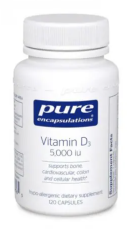
The success of a football player hinges on many components such as natural talent, dedicated training, and optimal health and nutrition. A well-structured diet that prioritises on a macronutrient balance, hydration and nutrient rich whole foods which support the overall performance and recovery. While supplements provide additional support to athlete’s diet, they should not replace a solid dietary foundation. Supplements such as protein powders, creatine, B12, omega 3 and electrolytes should be used to support judiciously.





